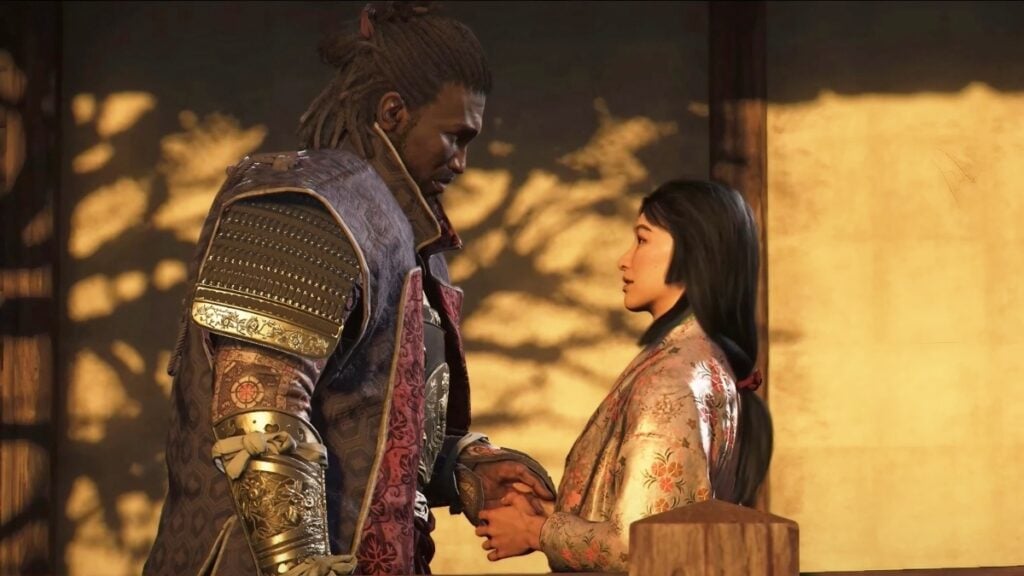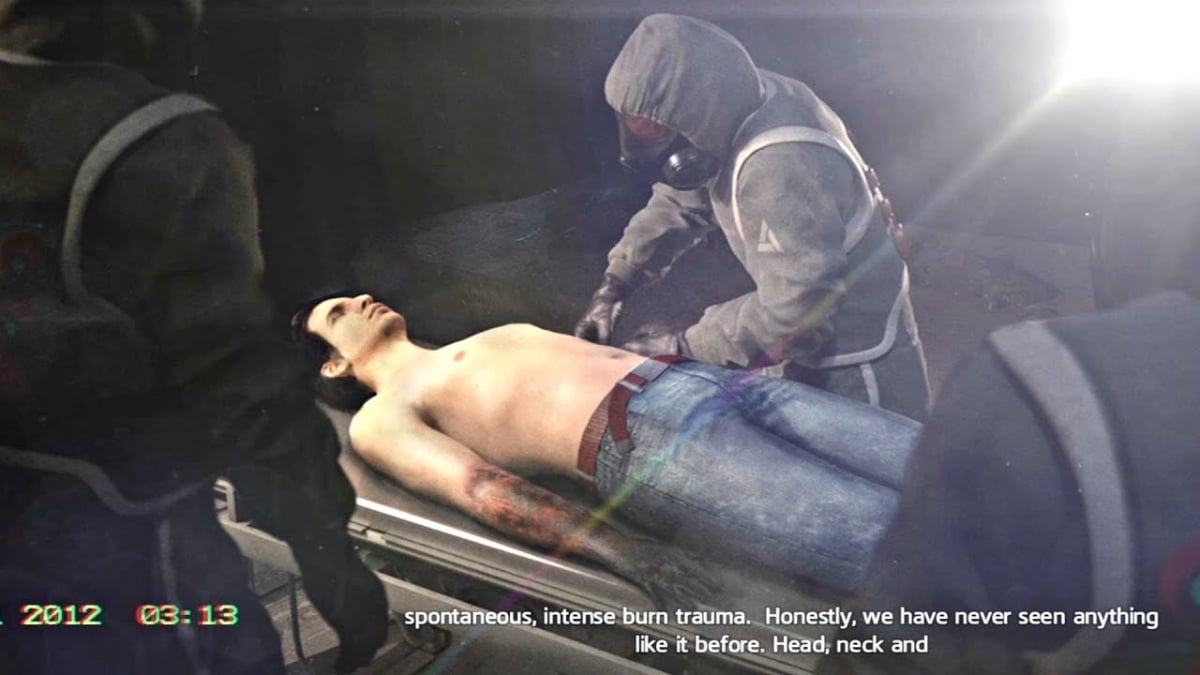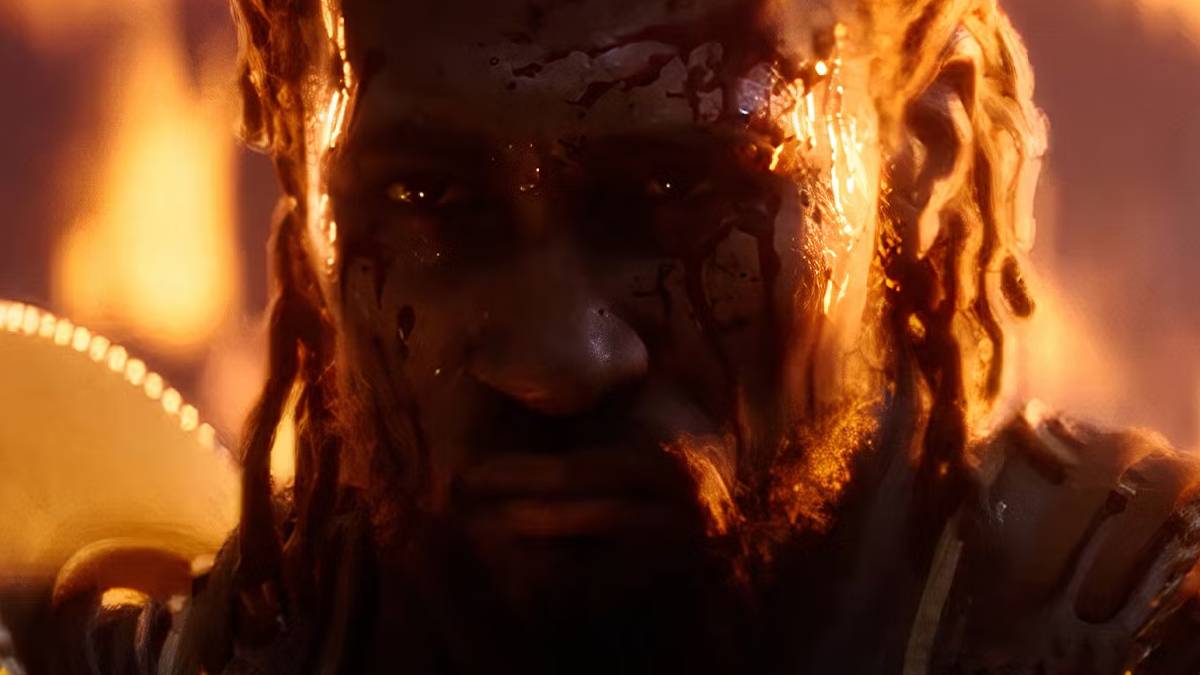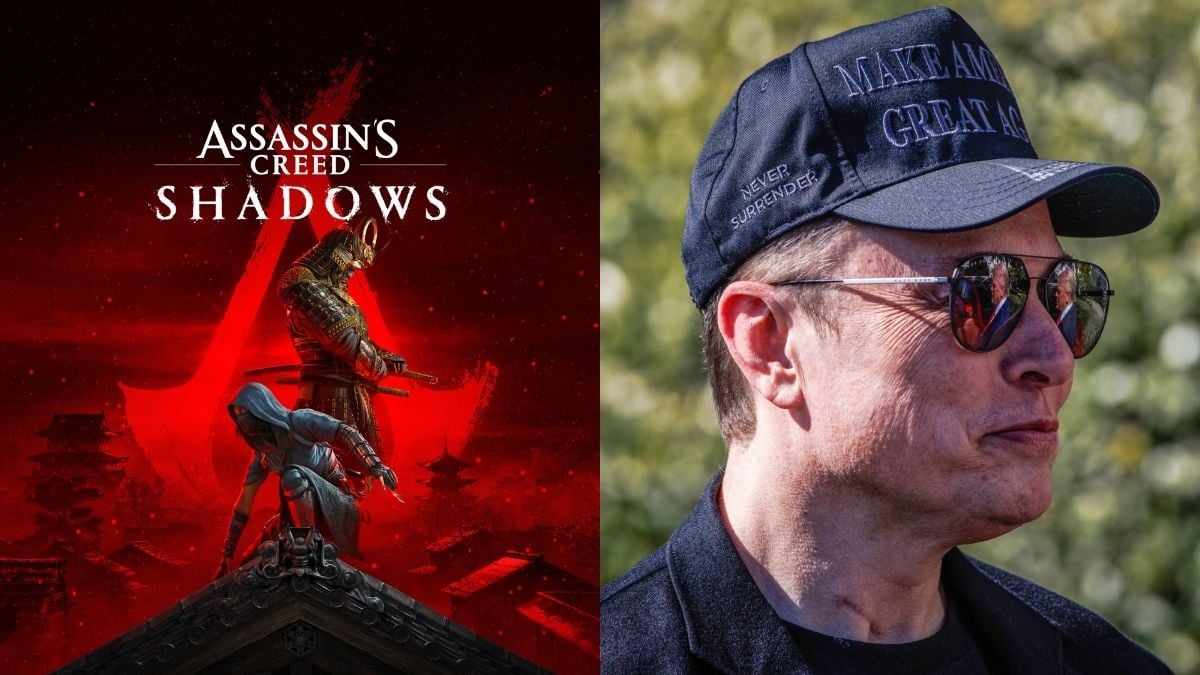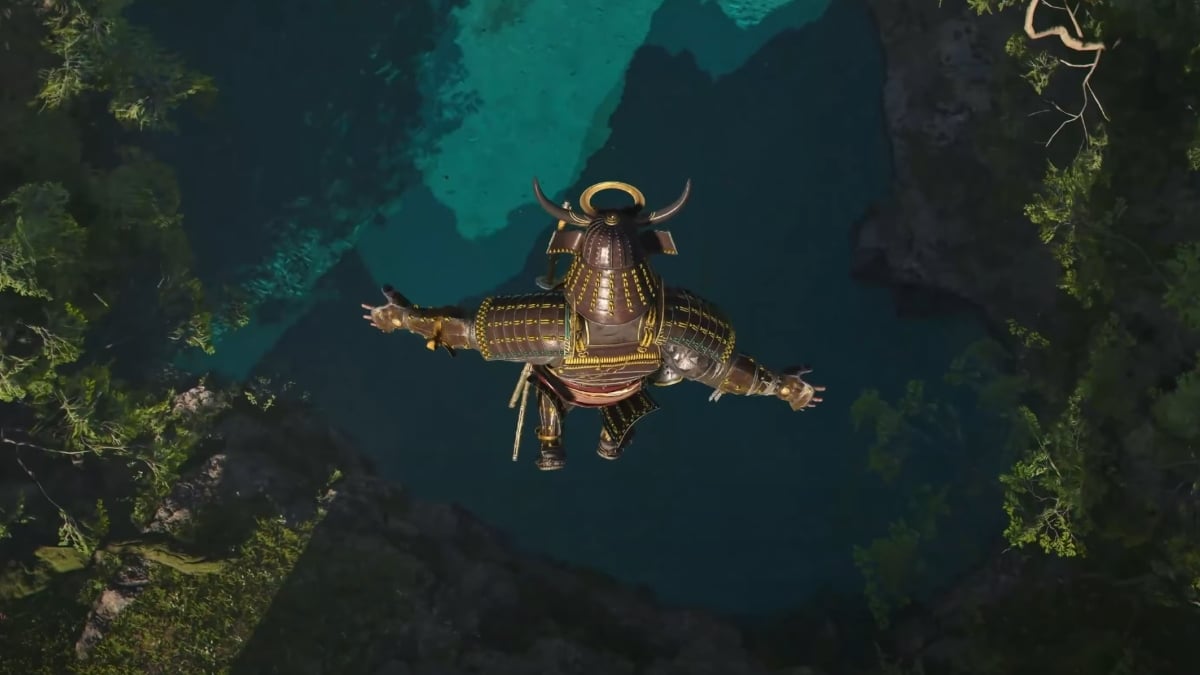Skip To...
Just like how Assassin’s Creed: Origins catalyzed the franchise’s evolution, Assassin’s Creed: Shadows also had to introduce some changes to the series to stay relevant. Because if there ever was a game series that defines cookie-cutter designs, the Assassin’s Creed franchise would be up there with Call of Duty. And the good news is, Assassin’s Creed: Shadows has let go of some of its old habits in the past games.
With this, Assassin’s Creed: Shadows essentially got rid of one thing that has always been a dead-end in the franchise: the modern storyline. Of course, there are many other significant gameplay mechanics and systems from which Shadows also moves away from (and we’ll discuss them later), but none of them are as pointless as the modern storyline.
Shedding the modern storyline is arguably a huge step forward for Assassin’s Creed seeing as it’s been one of their trademarks ever since the first game. However, over the years, it’s become increasingly clear that that aspect of the franchise has become more of an annoyance.
The Modern Storyline Died with Desmond
When Assassin’s Creed 2 and Assassin’s Creed Revelations started implying that the franchise might eventually evolve into a modern Assassin’s Creed title. Possibilities were endless, and they even managed to squeeze in some Da Vinci Code iconographies. But then they killed off Desmond, their main protagonist, with whom they explored the modern Templars vs Assassins timeline.
From there on, each new modern storyline component for Assassin’s Creed became a pointless promise of a huge setting that never happened. All the excitement for the modern storyline died gradually over the years after everyone realized that it was just an excuse with extra steps to jump from period to period.
Come Assassin’s Creed: Origins (or even as early as Black Flag), I couldn’t help but feel annoyed at the presence of the now-stale and one-off modern storylines before the game finally gave me the main content– the one it kept advertising.
Each new attempt to connect the modern storyline to the past was somewhat pointless because we all know nothing will come out of it, and it won’t lead into a modern setting. There were some dramatic moments, such as Pythagoras’ gift of immortality to the protagonists in Assassin’s Creed: Odyssey, but you didn’t really need a modern storyline for that; a simple 2000-years-later cutscene would’ve sufficed.
Assassin’s Creed: Shadows is More Immersive After Minimizing the Modern Storyline
Another big problem with the modern storyline is how it keeps ruining the immersion by taking you out of the Animus machines and forcing you to jump a very visible seam. Assassin’s Creed: Shadows removes some of this pretense and lets you dive right into the advertised time period of feudal Japan.
The Animus angle is still there, of course, and there’s still a clear indication that you’re just reliving someone’s ancestral memories. However, this time around, it’s more of an elegant explanation that the game’s just toying with historical fiction and that you’re not meant to take everything as mankind’s canon. So, for the Nth time, this game is not meant to be historically accurate (let’s put that Yasuke argument to rest, because it doesn’t really matter).
What matters is that Assassin’s Creed: Shadows has finally embraced what it really should be after the franchise decided to trash the whole modern Desmond storyline. These are fictional games that let you loose in a playground of history’s highlights. A modern storyline parallel usually won’t enhance that experience– I daresay it even detracts from it, knowing that you’re just playing a game within a game.
Assassin’s Freed from the Burden of Tradition
Referring to Assassin’s Creed‘s usual systems and mechanics as “tradition” is a bit of a misnomer because perhaps Ubisoft merely forgot to change them each game. Still, Assassin’s Creed: Shadows has moved away from some of the recurring sins of its forebears.
Apart from the minimized modern storyline, certain mechanics, such as scouting enemy bases using a bird, which totally isn’t a drone– are also gone. This makes encounters more risky and gameplay generally more difficult. You have to work better for each encounter.
Other small changes include the lack of autodrive, or the map no longer giving you decision paralysis with all the activities. The devs have learned to treat you better as a thinking gamer, maybe even due to the popularity of other games like Elden Ring. These seemingly minuscule changes have had a positive impact on initial impressions.
Of course, the more obvious change is that your character is no longer a demigod who can become a warrior, assassin, and marksman all at the same time. The Yasuke as a samurai and Naoe as the ninja work better here to sectionalize the game and make it seem less like a copy of another RPG.
Granted, there are still some typical RPG mechanics and other Ubisoft-isms present, but Assassin’s Creed: Shadows is finally stepping out of the shadow of its predecessors, and that could be a good sign for the franchise as a whole.

